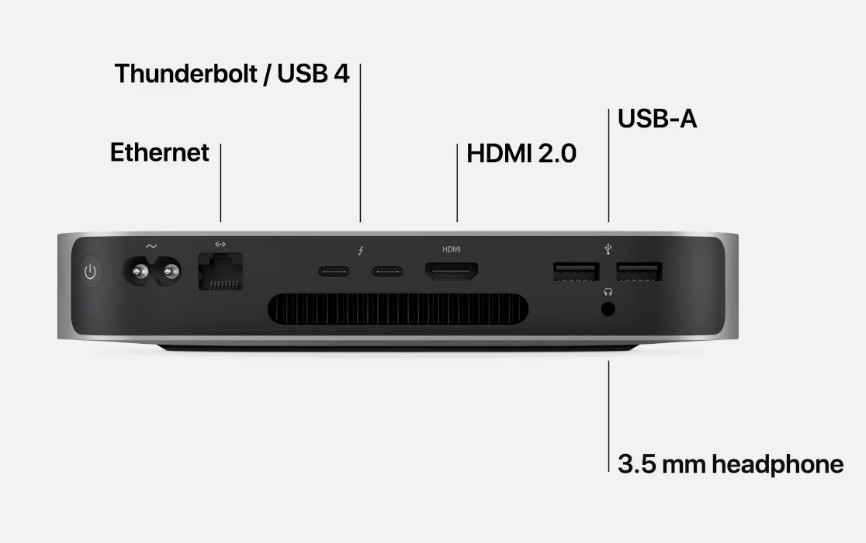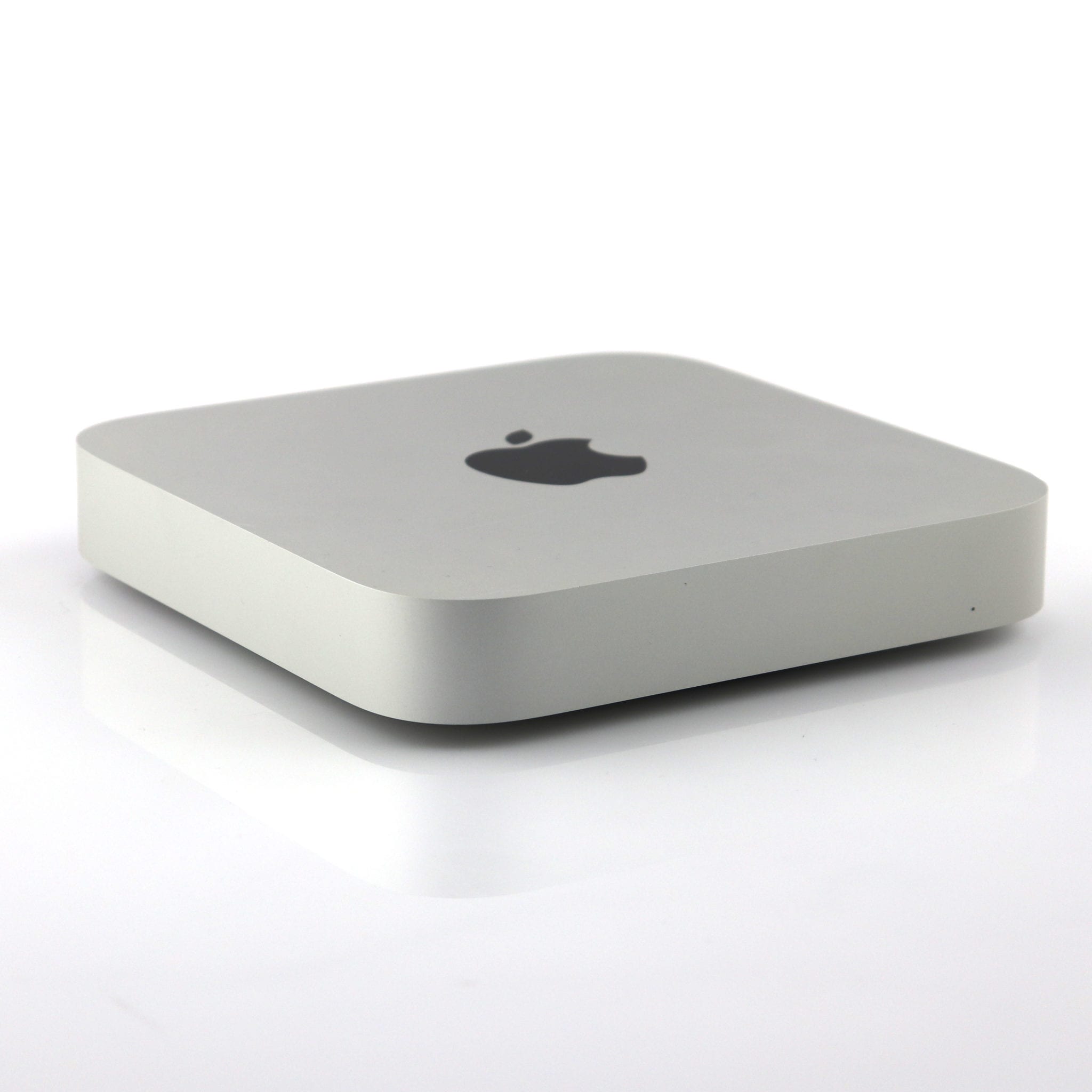

- #Macports m1 mac how to#
- #Macports m1 mac for mac#
- #Macports m1 mac download#
#Macports m1 mac how to#
Sorry for the roundabout way of getting libusb examples but I've really come to appreciate the organization macports imposes on installations which saves me quite a bit of future pain (like when I want to uninstall). Currently we support only source code installations of HEASoft for the M1/ARM architecture, and while these instructions are written to show how to use Homebrew to install compilers, the same procedure should in practice be possible with MacPorts, though we test less with MacPorts than Homebrew.
#Macports m1 mac download#
If you've gotten this far then I'd suggest going directly to the source for libusb, download and unpack the tar file, and building the code that's in the example directory. UPDATE: Poking around the macports install directory for libusb, I didn't find any examples included which was a bummer. Personally what I've done so far is use a Python wrapper called pyusb to do some quick experimentation with libusb as I don't have to do IDE setup or library/include file setup with Python. I don't have much experience using Xcode so I can't help you any further down this path. Then you can create a project in Xcode and link to the libusb-*.a library contained in /opt/local/lib (in my directory my library file is called libusb-1.0.a since I have libusb1.0 installed). If you've never used macports then once you have macports installed then you can install libusb using sudo port install libusb
 /opt/local/var/macports/software for install files. On the other hand, since you asked your question with the macports tag, I'd suggest you use that to install libusb as it at least puts everything in a known location: Though I did find some libusb items at /usr/local/Developer/SDKs/MacOSX10.6.sdk/usr/local/ I'm not sure it came from that installer as I couldn't find any examples, just libraries and they were labeled as libusb0.1.4. There are several sections in the MacPorts Guide that also describe the process of using leaves to uninstall unneeded ports.I tried to install the SDK from the aforementioned website and couldn't find a trace of it once the installer finished. ports that are dependencies of ports that are installed, but inactive): sudo port uninstall inactive Note: Before pruning your leaves, you may also want to uninstall old versions of ports that are no longer “active”. You can uninstall any remaining leaves quite easily: sudo port uninstall leaves Some common leaves ( automake, gperf, libtool, pkgconfig) are build-time dependencies of common ports, so you may want to “request” them ( sudo port setrequested port1 port2 port3 …) to avoid uninstalling them just to have to reinstall them later. You should examine your existing leaves before uninstalling any of them. You can use this to “clean up” unneeded ports even if you did not originally uninstall them with sudo port uninstall -follow-dependencies portname (which will do what you want, but only if you remember to use it every time you uninstall something). The leaves pseudo-portname expands to all the unrequested ports upon which no other installed port depends. An unrequested port is one that was only installed because some other port depends on it. One of the features of the new format is that it keeps track of “requested” versus “unrequested” port installations. You can convert a 1.9.x flat system to the sqlite format by upgrading to MacPorts 2.0 or by changing the portdbformat value in /opt/local/etc/macports/nf and then issuing a port command as root (e.g.
/opt/local/var/macports/software for install files. On the other hand, since you asked your question with the macports tag, I'd suggest you use that to install libusb as it at least puts everything in a known location: Though I did find some libusb items at /usr/local/Developer/SDKs/MacOSX10.6.sdk/usr/local/ I'm not sure it came from that installer as I couldn't find any examples, just libraries and they were labeled as libusb0.1.4. There are several sections in the MacPorts Guide that also describe the process of using leaves to uninstall unneeded ports.I tried to install the SDK from the aforementioned website and couldn't find a trace of it once the installer finished. ports that are dependencies of ports that are installed, but inactive): sudo port uninstall inactive Note: Before pruning your leaves, you may also want to uninstall old versions of ports that are no longer “active”. You can uninstall any remaining leaves quite easily: sudo port uninstall leaves Some common leaves ( automake, gperf, libtool, pkgconfig) are build-time dependencies of common ports, so you may want to “request” them ( sudo port setrequested port1 port2 port3 …) to avoid uninstalling them just to have to reinstall them later. You should examine your existing leaves before uninstalling any of them. You can use this to “clean up” unneeded ports even if you did not originally uninstall them with sudo port uninstall -follow-dependencies portname (which will do what you want, but only if you remember to use it every time you uninstall something). The leaves pseudo-portname expands to all the unrequested ports upon which no other installed port depends. An unrequested port is one that was only installed because some other port depends on it. One of the features of the new format is that it keeps track of “requested” versus “unrequested” port installations. You can convert a 1.9.x flat system to the sqlite format by upgrading to MacPorts 2.0 or by changing the portdbformat value in /opt/local/etc/macports/nf and then issuing a port command as root (e.g. #Macports m1 mac for mac#
In the question What are the best developer tools for Mac OSX. The sqlite port DB format is the default for new installations old installations that were upgraded to 1.9.x will continue to use the flat format 1. When comparing MacPorts vs Homebrew, the Slant community recommends Homebrew for most people. MacPorts 1.9.0 added the sqlite portdbformat and MacPorts 2.0.0 dropped the old flat format. To avoid accidentally cutting leaves that might be things you requested you should install the port_cutleaves package then run sudo port_cutleaves






 0 kommentar(er)
0 kommentar(er)
